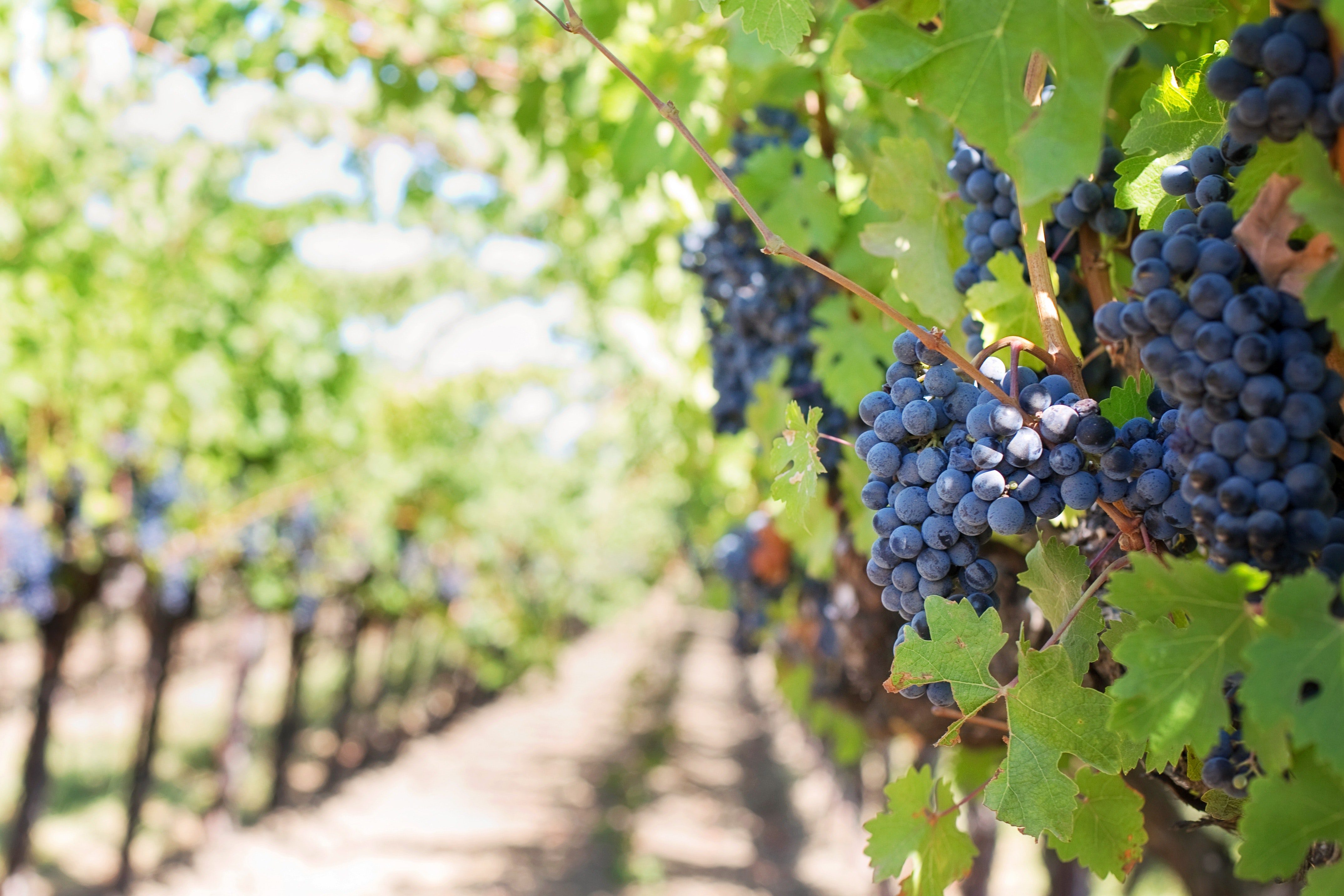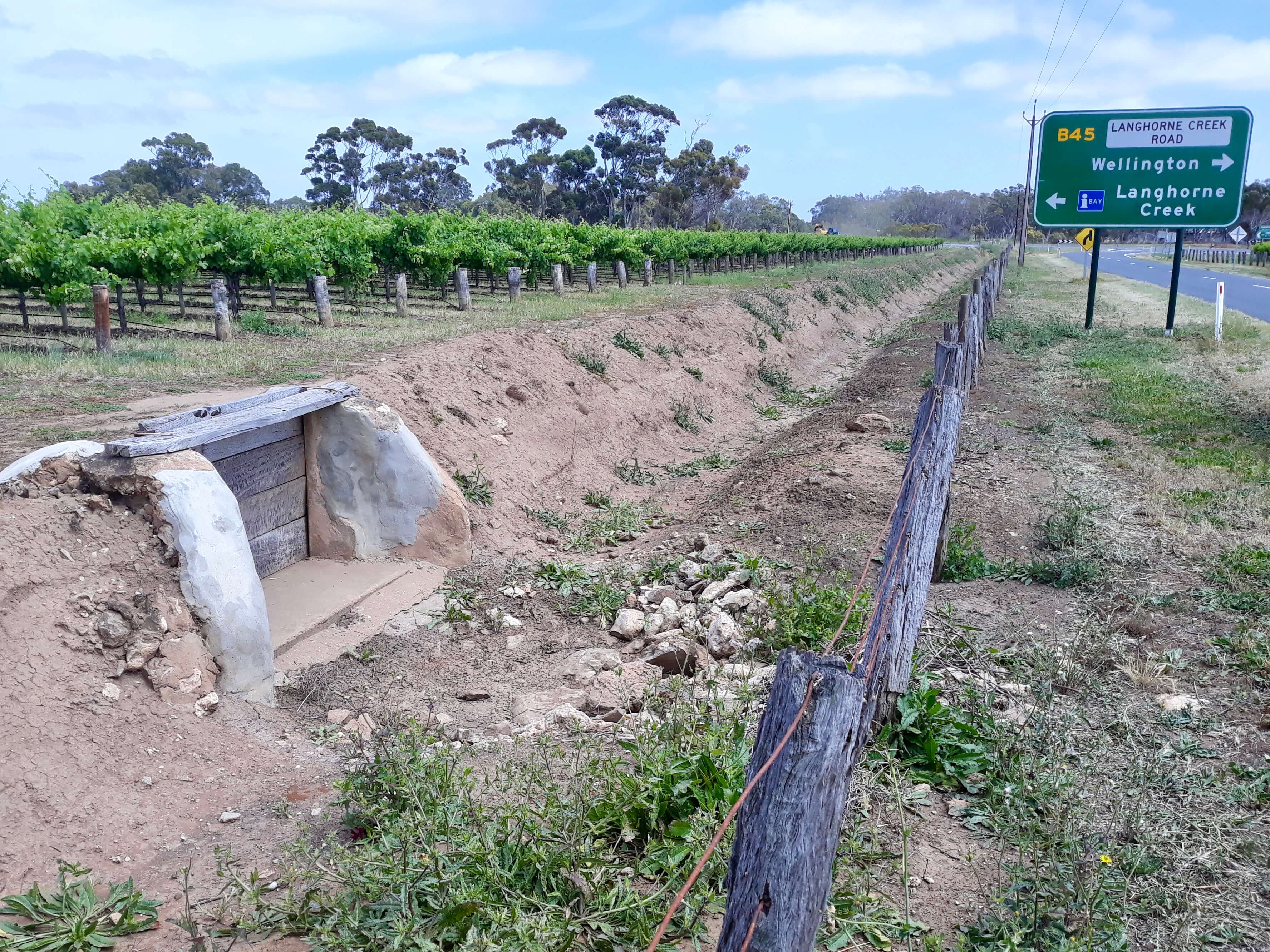Vineyard owners can’t have their eyes everywhere, all the time. That’s why ground-based vision systems are becoming tricks of the trade.
Vision systems like VitiCanopy that quickly and objectively assess canopy size have been around for a while. Now, researchers at the University of Adelaide are developing vision systems with greater image recognition capabilities than ever before.
The researchers have trained machine learning algorithms to deduce key health and development indices from physical and thermal cameras – including plant area index (PAI), pruning weight, inflorescence and shoot number, bud count, and plant leaf temperature.
This vision system will be available for growers soon; and excitingly, so too will the enormous library of images that the algorithms were trained on.
VitiData is a library of over 175,000 images of grapevines at different stages of development. Both VitiData and the ground-based vision system itself form part of the larger VitiVisor project, funded by Wine Australia and Riverland Wine
By publicising VitiData to the open-source data-sharing platform Figshare, the researchers are paying forward their efforts to the larger viticulture and computer vision science community.
In the Age of Information, data is our most valuable asset. VitiData is an extensive library of images collected from 14 different sites, totalling 60 hectares across the five main grape varieties grown in the Riverland.
Close to 1,000 of those images were annotated by expert viticulturalists to ground-truth the predictions made by the algorithms. This represents 420 hours of expert annotation, and results in a ‘training’ dataset that would prove highly valuable to companies wishing to create or enhance their on-ground vision capabilities.
Making datasets like VitiData publicly accessible and interpretable means that it is more likely to be re-used, providing greater benefit to the viticultural industry as a whole. Furthermore, it makes the data accessible to the very people that helped create it – Riverland grape growers.
To access the dataset, head to: https://figshare.com/projects/VitiVisor_Vineyard_Datasets/137388
For further information please contact:
- Associate Professor Cassandra Collins, School of Agriculture, Food and Wine, The University of Adelaide.
- Professor Seth Westra, Chief Investigator, School of Civil, Environmental and Mining Engineering, The University of Adelaide.
- Professor Andy Lowe, Project Director, Interim Director, Environment Institute, The University of Adelaide.
The VitiVisor project is funded by:
![]()




